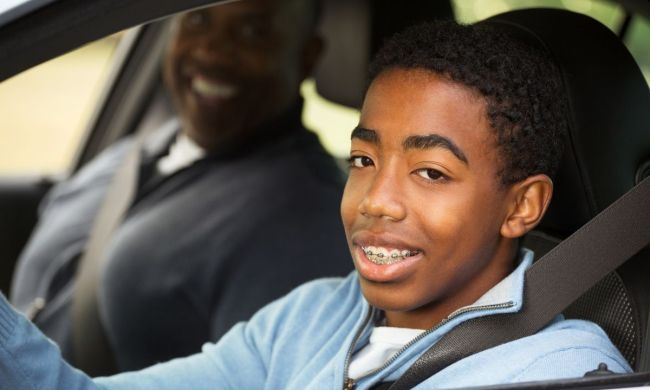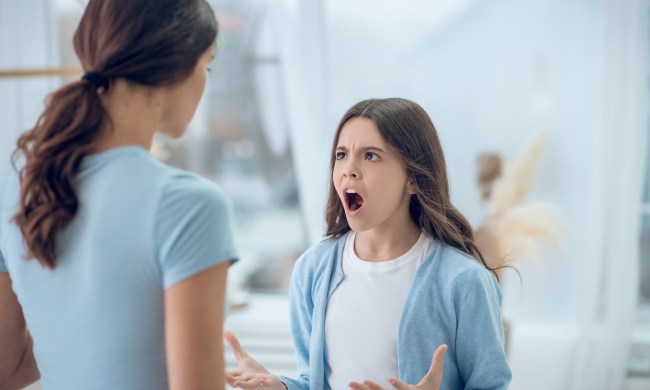The stigma around mental health disorders is shifting. At one time, not too long ago, it felt shameful to admit you felt down, depressed, or perpetually worried. Fortunately, it is no longer considered embarrassing or abnormal to admit that you feel less than constantly happy, content, balanced, and adjusted. And while the tide was already turning, the 2020 COVID-19 pandemic was the ultimate catalyst that put a veritable megaphone to the mouths of many people suffering in silence.
After all, who among us did not experience some degree of depression and anxiety during this incredibly trying period of uncertainty and despair? Indeed, mental health is no longer taking a back seat in our lives, individually and collectively — and we could not be more relieved to know that help is now widely available to those who need it, for adults and adolescents. And most especially for teen girls, who commonly face high levels of anxiety in their everyday existence.

Anxiety in teen girls
According to the Annals of Internal Medicine, anxiety disorders commonly begin in girls around 11 years of age. As noted by the report, “In adolescent girls, worries about school performance, concerns about appearance, earlier sexualization, changing media and consumer culture, and poor self-esteem are important triggers.” In turn, anxiety can affect academic performance, relationships, home life, physical health, and more.
Anxiety screening for teens and adolescent girls
Thanks to a newly passed 2019 proposition under the Affordable Care Act, women and girls beginning at age 13 can and should be screened for anxiety during their wellness exam with a primary physician or gynecologist. Most insurance will completely cover this anxiety screening.
According to the Health Resources & Services Administration (HRSA) website, this screening step is important “given the high prevalence of anxiety disorders, lack of recognition in clinical practice, and multiple problems associated with untreated anxiety.” While frequency of screening is not defined, the HRSA advises using “clinical judgment.”
Psychiatrist Dr. Maureen Sayres Van Niel told TheLily that “this is a real breakthrough because we’re now saying that the mental health conditions that women suffer from are extremely important, and they need to be screened for.”
She elaborated: “It legitimizes the fact that anxiety is a serious condition that needs treatment and has huge consequences for people, and for women’s lives particularly. It’s not that it’s only in women. It’s just that it’s twice as prevalent in women.”
Common signs of anxiety in youth
Some common symptoms of anxiety in girls include irritability, sudden changes in socializing, perpetual exhaustion, frequent headaches or stomach troubles, sleep disturbances, panic attacks, and performance dips in school work and other areas. Anxiety manifests differently in different people — and the symptoms can be broad, which is why a screening is a great way to help hone in on the issue at hand.

What is the next step after an anxiety screening?
Of course, while an anxiety and mental health screening is an important step, it is just the beginning. Your child’s doctor can help guide you and your daughter on a path to treatment that may involve a combination of options, including but not limited to cognitive behavioral therapy (otherwise known as talk therapy) and/or medication.
Moreover, it is critical to remember that you know your child best. If you suspect that they are experiencing anxiety, depression, or other mental health issues, you can be proactive in your approach to the situation — no need to wait for a wellness screening and prolong your child’s pain. Talk to your daughter openly and honestly, and seek out professional help if necessary.
Anxiety disorders are common in women and adolescent girls. Knowing the signs can help you help your child. Moreover, making sure that they get regularly screened at the doctor’s office is a smart way to stay ahead of the curve and be proactive about psychological wellbeing. There is no shame in recognizing mental health problems and facing them head-on; you can make sure your teen recognizes this truth and then work together to overcome any anxiety issues with guidance, love, and professional treatment.


